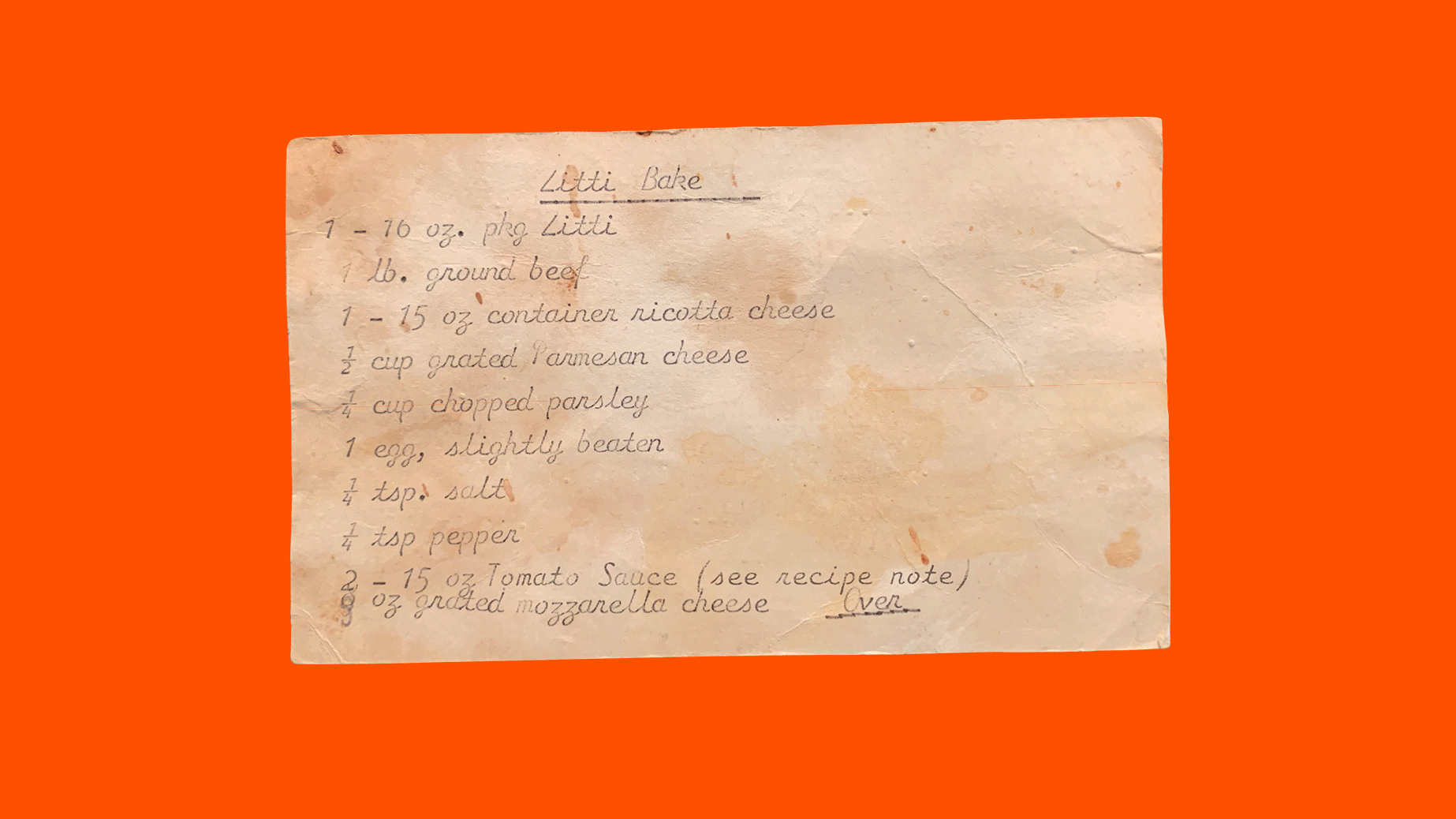Halfway To Cooking Greatness, I'm Discovering Recipes Inside Recipes
I've cooked regularly for 20 years. In that time, my recipe arsenal has grown from Top Ramen and chili to a few dozen dishes (among which Top Ramen and chili steadfastly remain). What started as a method to save money in college and avoid allergic reactions has evolved into a way to feed a family of five. But it also morphed into recreation.
In his book Outliers, Malcolm Gladwell argues that greatness only comes after 10,000 hours of practice. Figuring an hour of meal prep, four times a week for 20 years, I've logged 5,200 hours, or 52% of the way to cooking greatness. I wouldn't say I'm great, so that percentage feels right. Fortunately my skills have grown significantly since those days in bare-bones college apartment kitchens.
And I'm still learning. Recently I've developed a sense for how to take an element of a recipe and isolate it for its own use or incorporate it into another dish. This applied knowledge has brought me surprising amounts of joy. It shows that I've developed enough as a cook to recognize patterns in recipes; I can't imagine younger me being able to think beyond the instructions and ingredients presented in a cookbook.
This discovery began with lasagna. I grew up in a lasagna-free family, and most of the variants I encountered elsewhere when I was a kid I wrote off as too oniony (I was picky about onions). Still, I never gave up hope that I'd find a good lasagna—the principle idea of that much meat, sauce, cheese, and pasta in casserole form was always alluring. Years later, I discovered AllRecipes' World's Greatest Lasagna, and it would change my life.
More than 19,000 reviewers, myself included, gave this recipe a high rating. The thickness of the sauce meant there was little wateriness that would seep onto the plate (one of my issues with most other red sauces). The addition of sugar and tomato paste offered a balance of sweetness and tomato acidity that's typically absent in a bolognese. And the combination of ground beef and ground Italian sausage proved a hearty addition to the sauce; it's cooked long enough to provide texture without turning into complete mush. The recipe does call for onions, but we overcame that issue by substituting a half-teaspoon of onion powder, leaving no holes in the overall flavor profile. As it cooked the first time I prepared it, and I periodically tested the flavor, I thought to myself, "This sauce would work really well on its own."
To many, this may seem like an obvious thought, but to me it was like I had discovered time travel. I tested my hunch shortly afterward. We served it on pasta night, a church-like weekly ritual in our household. Every noodle was consumed, and there was enough leftover sauce to freeze and save for the following week. If my wife and three kids could have hoisted me on their shoulders like a victorious football coach, I'm sure they would have. This provided some encouragement to look for other hidden recipes, and I started spotting a few more.
Every Christmas, by popular demand, my wife makes a Bananas Foster Coffee Cake with vanilla-rum sauce. The sauce elevates a crumbly banana cake to decadent heights; a loud exhale is common after enjoying this cake. But the recipe yields a disproportionate amount of cake to sauce. Feeling remorseful about wasting something so sweet and boozy, I ended up applying the excess sauce to anything that made sense: pancakes, frozen waffles, in coffee as a creamer. There are plans for pairing it with red velvet cake in the near future, too, and I am sure we'll find many more reasons to keep this vanilla-rum sauce on hand.
My most recent hidden recipe discovery came from Alton Brown's French onion dip. I am not a habitual chip dipper, but Alton's YouTube video set a signal off in my brain. It was the greatest thing I've ever put on a chip. Alton's method for caramelizing the onions—a combination of high heat, brown sugar, baking soda, and sherry vinegar for deglazing—completely breaks down the onions, resulting in a sweet, salty jam.
The first time I made the dip (I've made it more than I care to admit) there were some leftover onions. I first spread them on a grilled ham and cheese sandwich. Then I learned that they tasted great on pork chops. Come grilling season, they will be a lovely addition to brats, hot dogs, and burgers. I'm thrilled to have this condiment in my life—and it's all because of potato chip dip.
Hobbies are great when you reach a point where, after so many hours and years of practice, you develop real, applicable knowledge. Having the confidence to experiment with these components could not have happened without those 5,200 hours in the kitchen seeing and spotting patterns. I am excited to see what the next 4,800 hours will bring in my pursuit of cooking greatness.
